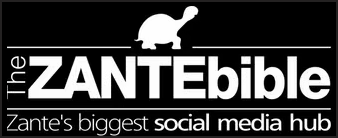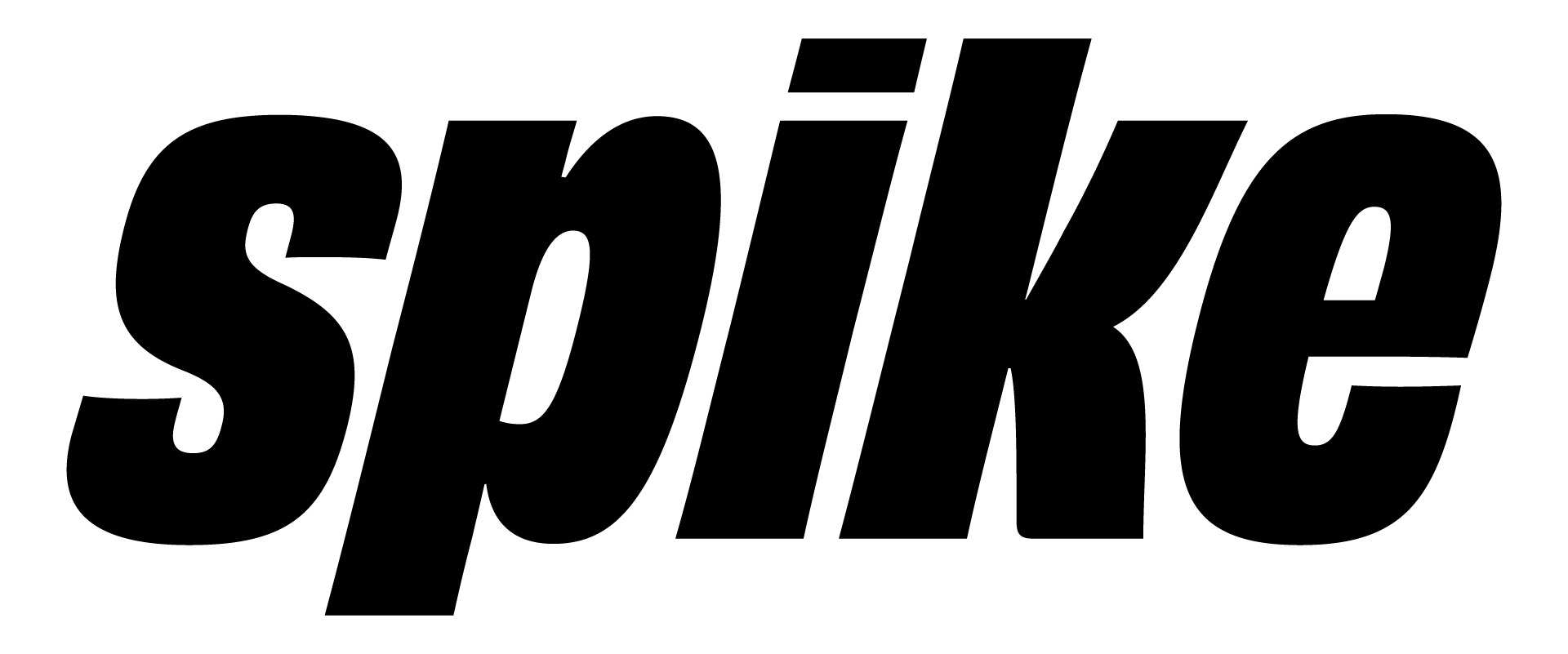If you’ve been paying attention to recent celebrity comings and goings, you may have come across the name Fubar Radio. “TV star Amy Childs decided to show off her toned figure to perfection as she arrived at Fubar Radio in London”, declares one Daily Mail headline. “Katie Price vows to have the ‘best body ever’ after her pregnancy on her Fubar Radio show,” exclaims OK magazine. “Katie Price has slammed Kelly Brook and David McIntosh on her Fubar Radio show, stating that she doesn’t think the engaged couple will last,” reads another headline in the Huffington Post.
Fubar Radio was launched in March last year. Targeting an audience of 18- to 35-year-olds, it reaches its listeners through a subscription-based app which allows you to both listen live and save shows for later. Fubar – a second world war military term, meaning “f*****d up beyond all recognition” – describes itself as being dedicated to “broadcasting irreverent, uncensored and unapologetic talk radio”. The station’s promotional material claims it is providing radio for the smartphone generation – the app is free to download, includes a six-month free trialand then costs £2.99 a month.
The station lies outside Ofcom’s jurisdiction, allowing it to offer uncensored music and more ‘adult’ chat shows before the watershed. Its chief executive, Duncan Smith, says that this freedom from Ofcom control is a unique selling point. “We’re not interested in balance, we’re interested in subscribers.” Smith says he left a six-figure salary as a freelance television producer to start work on Fubar three years ago. “We don’t have to muddy great political comment with balance.”
This, he says, makes for good listening. “If an artists can do anything they want within the laws of England and Wales and you make it live, well, anything can happen and listeners know that.”
Thanks to some fierce PR and a string of high-profile hosts, in the final week of July, Fubar had some 225 mentions in the world’s press. And Fubar’s list of well-known presenters is long.
Comedian Mark Dolan presents the afternoon show with former glamour model Katie Price (aka Jordan), who is now taking a break after giving birth to a baby girl. Amy Childs, star of The Only Way is Essex, and comedian Joey Page present a show on Saturday nights. Former Premier League footballer Neil ‘Razor’ Ruddock and comedian Tom Deacon present the Sunday afternoon football show Kicking Off. Smith says that by October Fubar will have “two of the biggest names in Britain” presenting shows.
Entertainer Justin Lee Collins currently fronts the breakfast show. He made his name in The Friday Night Project, which he co-hosted with comedian Alan Carr, before being convicted of harassing a former girlfriend in 2012. He says he is grateful to Fubar for giving him work: “I needed to work. I needed money. I have two beautiful children to support and nobody else was giving me a job, so they took a chance.” He says that he loves the freedom that working outside Ofcom’s jurisdiction provides. “It’s probably the most fun I’ve ever had behind a microphone. Being unregulated is a gift to any performer and particularly comedians.”
Katie Price agrees, saying that Fubar is the only radio station that allows her to be herself. “It’s unedited; it’s real; it’s all me.”
Broadcasting through an app on people’s phones enables Fubar to use more sophisticated tools to interact with listeners. The app includes features that allow users to vote and register appreciation – with the “clap or slap” function – and the FU You button enables users to record and send messages directly to the show.
Interaction with listeners is key to the commercial success of Fubar, says Smith. He refuses to disclose the radio station’s listening figures, arguing that they make money from “a community that is much wider than our listeners”. Fubar attracts around 700,000 ‘impressions’ every week – meaning people who have listened to it, downloaded the show, downloaded the app, or clicked through on something.
Interaction and “footprint”, instead of simple listening figures, are more important to Fubar because of its advertising model. The station does not feature spot advertising and instead agrees sponsorship deals and products get mentioned and incorporated into shows – something that would be strictly forbidden under Ofcom rules.
It’s a tremendously effective form of advertising, says Smith: “Say an artist is on air and says ‘I’m wearing Nike Air trainers, they’re amazing and, you know what, I’ve pulled more women than I ever have in my whole life in the past week while wearing them’ – it would be a ridiculous statement, totally unsubstantiated and totally outlawed by Ofcom … But if I’m a fan of that artist, I now like those Nike trainers 10 times more than I did five seconds ago.”
Smith is convinced that what Fubar is doing is vital for bringing radio into the digital age. “Radio is 40 or 50 years behind television,” he says. “If you go back to 1990 with the launch of Sky, the idea of paying to watch TV seemed ridiculous. ‘Why would we need more than four channels?’ people said. What we’re doing for radio is what Sky started 25 years ago.”
Source: The Guardian







